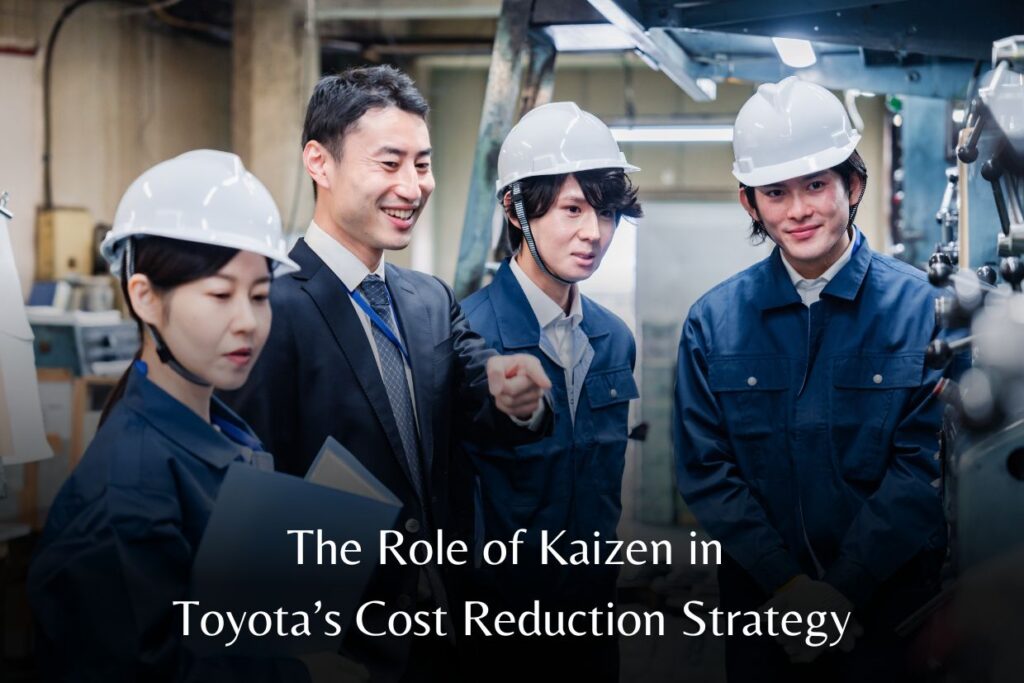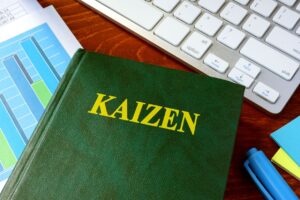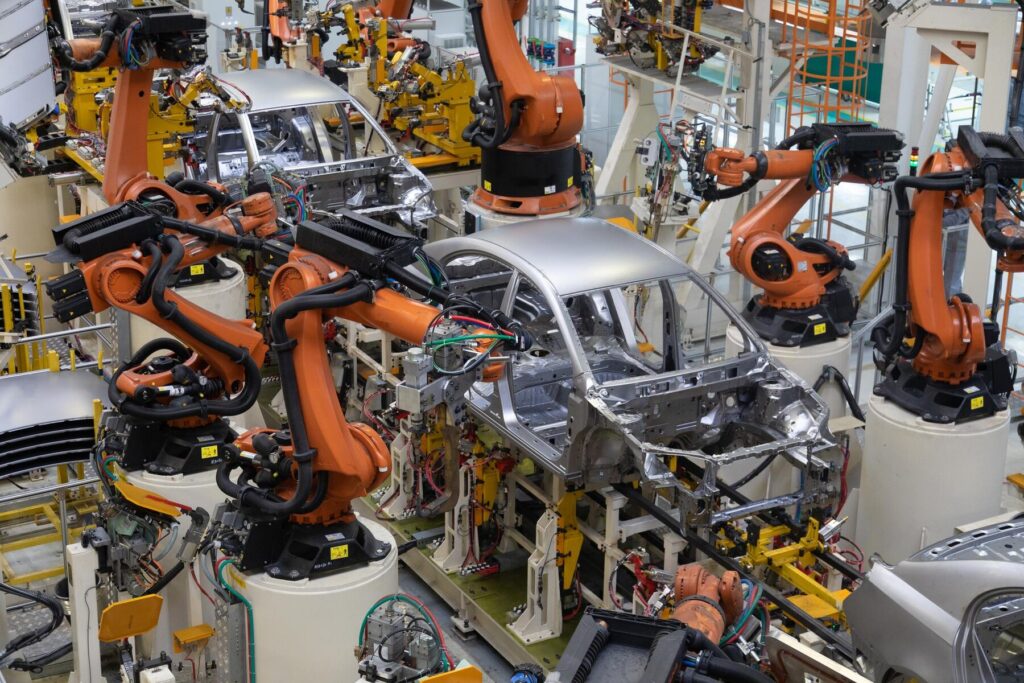Toyota’s success in cost management is deeply rooted in its philosophy of continuous improvement, or Kaizen. Unlike traditional cost-cutting measures that compromise quality, Toyota focuses on incremental, sustainable improvements that enhance efficiency while maintaining high standards. The Toyota cost reduction system ensures that cost management is not a one-time initiative but an ongoing culture embedded in every aspect of the organization.
Understanding Kaizen: More Than Just Cost Cutting
Kaizen is not just a method for reducing costs; it is a mindset that encourages employees at all levels to identify inefficiencies and implement small but impactful changes. This proactive approach ensures that waste is systematically eliminated, leading to long-term cost savings and increased operational efficiency. The Toyota cost reduction system is built on continuous small improvements rather than disruptive, large-scale overhauls.
Key Principles of Kaizen in Cost Management
- Elimination of Waste (Muda): Identifying and removing non-value-adding activities in production and operations to improve efficiency and reduce unnecessary costs.
- Standardization of Best Practices: Establishing optimized workflows that minimize inefficiencies, ensure consistency, and enhance productivity across all operations.
- Employee Empowerment: Encouraging front-line workers to actively participate in proposing and implementing improvements, fostering a culture of innovation and responsibility.
- Incremental Improvement: Making continuous small changes rather than drastic overhauls, ensuring sustained progress without disrupting operations.
- Data-Driven Decision Making: Utilizing real-time metrics and feedback to guide cost management efforts, ensuring that improvements are based on measurable outcomes.
Kaizen in Action: Toyota’s Approach to Cost Reduction
Lean Manufacturing and Cost Control
- Toyota integrates Kaizen into its Lean manufacturing system, ensuring that processes are continuously refined to improve productivity and minimize waste.
- This approach leads to an effective Toyota cost reduction system without compromising product quality.
Just-in-Time (JIT) Inventory Management
- Toyota’s JIT system ensures that parts and materials arrive precisely when needed, reducing excess inventory, storage costs, and waste.
- By continuously refining this system, Toyota minimizes overhead expenses while maintaining seamless production.
Reducing Defects Through Quality Management
- The Jidoka principle—automation with a human touch—empowers employees to halt production if defects are detected.
- This proactive approach reduces rework costs and prevents defective products from reaching customers, ultimately saving Toyota millions in recall expenses.
- The Toyota cost reduction system prioritizes defect prevention to enhance quality while minimizing expenses.
Optimizing Workflows with Visual Management
- Toyota employs visual management techniques, such as Kanban boards, to monitor workflows in real-time.
- By identifying bottlenecks and inefficiencies, Toyota ensures that resources are utilized effectively, leading to significant cost savings.
Energy and Resource Efficiency
- Toyota continuously seeks ways to reduce energy consumption and raw material waste.
- By adopting energy-efficient technologies and sustainable materials, the company lowers production costs while enhancing environmental responsibility.
- This is a key component of the Toyota cost reduction system.
The Long-Term Impact of Kaizen on Cost Management
Unlike conventional cost-cutting approaches that focus on short-term financial gains, the Toyota cost reduction system emphasizes sustainable cost management. By embedding continuous improvement into its corporate culture, Toyota remains competitive and resilient in fluctuating market conditions.
Conclusion
Kaizen is at the heart of the Toyota cost reduction system, ensuring that efficiency gains and cost savings are achieved without compromising quality. By fostering a culture of continuous improvement, Toyota has established itself as a global leader in cost-effective manufacturing, setting a benchmark for other industries to follow. Companies seeking to optimize their operations can gain valuable insights from Toyota’s application of Kaizen in cost management.




